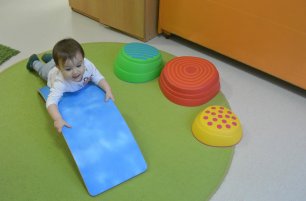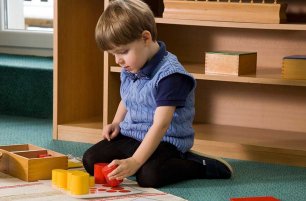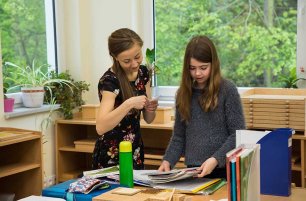Make homemade soap with your toddler!
All you will need is 100g of soap, rubber molds, turmeric powder, lemon or orange essential oils, fresh lemon or orange, and a grater or zester.
The best soap to use is olive oil, goat’s milk or glycerin and 100g makes approximately one small bar of soap. Place the soap in a microwave-safe bowl and heat for 30 seconds until melted. Have your toddler add a pinch of turmeric powder and mix with a spoon or whisk until dissolved. Add 2-4 drops of essential oil to your bowl and show your toddler how to grate or zest the lemon or orange peel. You will need about 1 teaspoon of grated orange or lemon peel then your toddler can stir until combined. Pour into your rubber mold and let sit for 45 minutes then freeze for 10 minutes. Now you’re ready to wash your hands!
Chcete se dozvědět více? Přečtěte si náš další článek:




